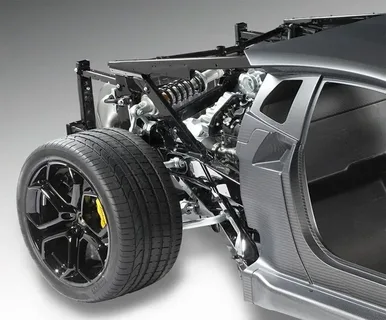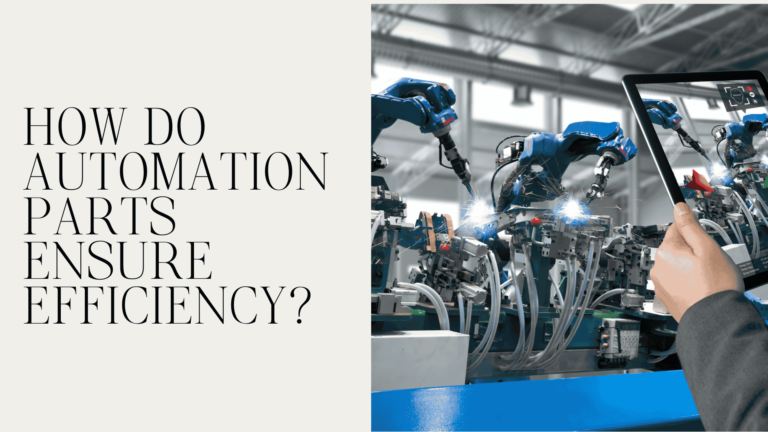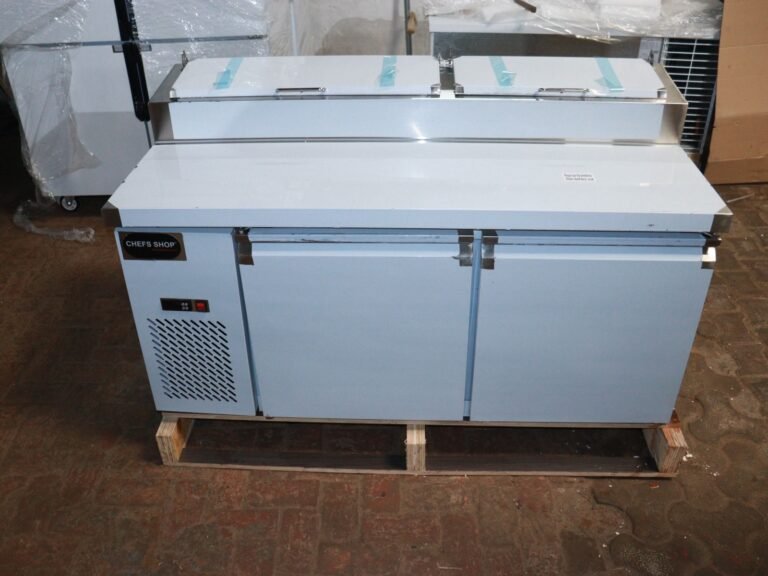Car Suspension Problems:Identifying and Solving Common Car Suspension Problems
Car Suspension Problems. A car’s suspension system is often overlooked until something goes wrong. Yet, it is one of the most critical components for ensuring a smooth, safe, and comfortable ride. The suspension system absorbs shocks from uneven roads, improves handling, and keeps your vehicle’s tires in contact with the road. Understanding the common car suspension problems can help you detect issues early and avoid costly repairs.
In this article, we’ll explore common signs of suspension problems, their causes, and how to address them. If you experience any of the issues listed, it might be time to seek help from a qualified mechanic or car suspension repair service.
Common Signs of Car Suspension Problems
Knowing the warning signs of a failing suspension can save you time, money, and hassle. Below are some of the most common symptoms:
1. Excessive Bouncing
If you notice your car bouncing excessively, especially after hitting a bump or pothole, it could indicate worn-out shocks or struts. These components are designed to dampen the vehicle’s movements, and once they’re worn, you’ll feel every little bump in the road. A simple test to check if your car’s suspension is still working correctly is the “bounce test.” Push down on the front or rear of your car. If it bounces more than 2-3 times, you likely have suspension issues.
2. Unusual Noises
Strange sounds coming from your vehicle, such as clunking, squeaking, or knocking noises, often point to suspension problems. These noises can be caused by worn ball joints, bushings, or other suspension components. Ignoring these noises may lead to further damage and higher repair costs.
3. Steering Difficulties
If your car becomes hard to steer, especially at low speeds or during tight turns, the suspension system might be at fault. A failing suspension can make steering feel stiff or less responsive. You may also notice the vehicle pulling to one side, which could be due to misaligned suspension components or uneven tire wear.
4. Uneven Tire Wear
Another sign of suspension trouble is uneven tire wear. If your tires show signs of wearing out more on one side than the other, it could be due to improper alignment or damaged suspension components. Uneven tire wear not only shortens the lifespan of your tires but also impacts your vehicle’s handling and safety.
5. Nose Dives or Squatting
When you brake suddenly, does the front of your car dip forward sharply, or does the rear end squat when you accelerate? These are clear signs that your shocks or struts may be failing. The suspension system should maintain balance and prevent excessive body movement during braking and acceleration.
What Causes Car Suspension Problems?
There are several reasons why a car’s suspension system might fail. Understanding these causes can help you take preventive measures to keep your vehicle running smoothly.
1. Wear and Tear Over Time
Like any other car component, suspension parts wear out over time. Shocks, struts, ball joints, and bushings are subject to constant stress, especially if you drive on rough roads or regularly carry heavy loads. Regular maintenance and inspections can help catch these issues early before they lead to bigger problems.
2. Rough Road Conditions
Driving on poorly maintained roads with potholes, gravel, and speed bumps can accelerate suspension damage. Potholes, in particular, can cause severe damage to your shocks, struts, and control arms. If you regularly drive on such roads, your suspension system is likely to experience more wear and tear.
3. Overloading the Vehicle
Every vehicle has a specific weight limit, and overloading it can cause unnecessary strain on the suspension. Carrying too much weight can damage your shocks and struts, leading to suspension failure. If you frequently carry heavy loads, it’s important to ensure your suspension system is in good condition.
4. Poor Alignment
Misaligned wheels can place additional stress on your suspension components. When your wheels aren’t properly aligned, it can cause uneven tire wear and put extra strain on the suspension, leading to premature failure. Regular wheel alignment checks can prevent this issue.
5. Neglecting Maintenance
One of the primary causes of suspension problems is the failure to maintain the system properly. Regular inspections, lubricating components, and replacing worn parts are crucial for keeping your suspension system in top shape. Ignoring routine maintenance can lead to a cascading series of problems that affect the suspension, steering, and tires.
How to Fix Car Suspension Problems
Once you’ve identified that your car has suspension issues, the next step is to fix them. Depending on the severity of the problem, repairs can range from simple fixes to complete suspension overhauls.
1. Shocks and Struts Replacement
Worn shocks and struts are one of the most common suspension problems. Replacing these components will restore your vehicle’s ability to absorb shocks and ensure a smoother ride. The cost of replacing shocks and struts can vary based on the make and model of your vehicle, but it’s generally one of the more affordable suspension repairs.
2. Wheel Alignment
If your suspension issues are caused by misaligned wheels, a simple wheel alignment can correct the problem. This procedure adjusts the angles of the wheels so they are parallel to each other and perpendicular to the road. Regular wheel alignments can prevent uneven tire wear and extend the life of your suspension components.
3. Ball Joint or Control Arm Replacement
Ball joints and control arms are essential for keeping your suspension stable and allowing your car to turn smoothly. If these parts are worn or damaged, you may need to have them replaced. Driving with damaged ball joints or control arms can be dangerous, as they can cause your suspension to collapse.
4. Regular Maintenance and Inspections
Preventive maintenance is key to avoiding costly suspension repairs. Regularly inspect your suspension components, including shocks, struts, and ball joints, and replace any parts that show signs of wear. Keeping up with routine maintenance, such as oiling joints and replacing bushings, will prolong the life of your suspension.
Why Address Suspension Problems Early?
Car suspension problems can affect more than just the comfort of your ride. Ignoring these issues can lead to more severe problems down the road, including compromised safety and additional wear on your vehicle’s tires and other systems.
By addressing suspension issues early, you’ll not only ensure a smoother, more comfortable ride but also prevent accidents caused by poor handling or tire blowouts. Keeping your suspension system in good condition also helps to protect other parts of your vehicle from premature wear and tear.
If you suspect any issues with your suspension system, it’s important to have it inspected by a professional mechanic. Delaying repairs can lead to more extensive damage and higher repair costs in the long run.
Conclusion
Car suspension problems can develop slowly and often go unnoticed until they become serious. However, recognizing the early warning signs, such as excessive bouncing, unusual noises, and steering difficulties, can save you from expensive repairs. Proper maintenance, regular inspections, and addressing suspension issues early will help keep your vehicle safe, comfortable, and efficient on the road.
For reliable repair services, check out car suspension repair experts who can inspect, diagnose, and fix your suspension system to ensure optimal performance.





